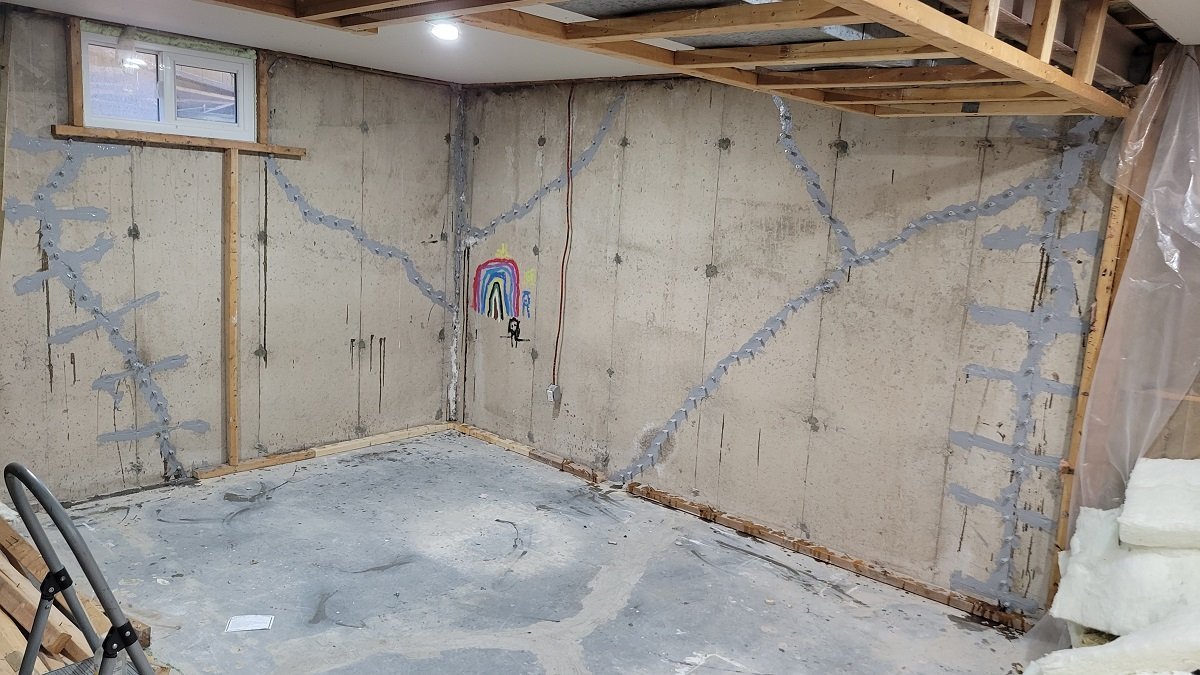How Do I Know if My Foundation Crack is Structural?
/If you are a homeowner in the St. Catherine area, chances are you've noticed a crack or two in your home's foundation. Are you wondering if that crack in your foundation is cause for concern? It's a common dilemma for homeowners. Is it just a minor issue, or is there something more sinister lurking beneath the surface? In this blog, we'll explore the various types of foundation cracks and help you distinguish between structural and non-structural cracks.
Structural vs. Non-structural Foundation Cracks
Foundation cracks can be categorized into two main types: structural and non-structural. Understanding the difference is crucial because their implications and the steps you will need to take vary significantly.
Non-structural Cracks
Also known as cosmetic cracks, these cracks typically pose no threat to your home's structural integrity. They can develop due to various factors, including weather changes, thermal expansion, hydrostatic pressure, or aging. Signs of non-structural cracks include:
Cracks on plaster
Vertical or diagonal cracks
Narrow cracks measuring 1-2 mm wide
Cracks near doors or windows
Non-structural cracks are usually thin. Repairing them is straightforward, often involving methods like crack injection. It's essential to address them promptly if water starts seeping through, as this can lead to mould growth.
Structural Cracks
Structural cracks are more concerning. They result from poor construction, overloading, or problematic soil conditions. Signs of structural cracks include:
Stair-step cracks
Cracks on foundation slabs or beams
Vertical cracks that widen at the top or bottom
Cracks measuring 1/8" or more in width
Structural cracks indicate a significant shift in your home's foundation and can eventually lead to water infiltration. Delaying repairs only makes matters worse and more expensive to resolve. When dealing with structural cracks, seeking out the expertise of a qualified foundation repair contractor such as Foundation Fix is crucial. Common repair methods include installing carbon fiber strips or reinforcing steel beams to strengthen damaged walls.
When are Foundation Cracks a Concern
Here are a few red flags to watch for with foundation cracks:
Crack Width - If a crack exceeds a quarter of an inch in width, it's time to contact a foundation repair expert.
Quantity of Cracks - While a few cracks may be normal, an abundance of cracks, especially if they span the length or breadth of your foundation, can be a sign of trouble.
Secondary Effects - Keep an eye out for collateral damage. Cracks in your foundation can impact frames, beams, roofing and lead to issues like doors and windows not closing correctly or basement leaks.
Contact Foundation Fix
If you suspect a foundation crack in your St. Catharines home is structural – or if you are uncertain – then contact the team at Foundation Fix. One of our repair experts will be able to inspect your home, identify the type of crack, and recommend the appropriate solution.




